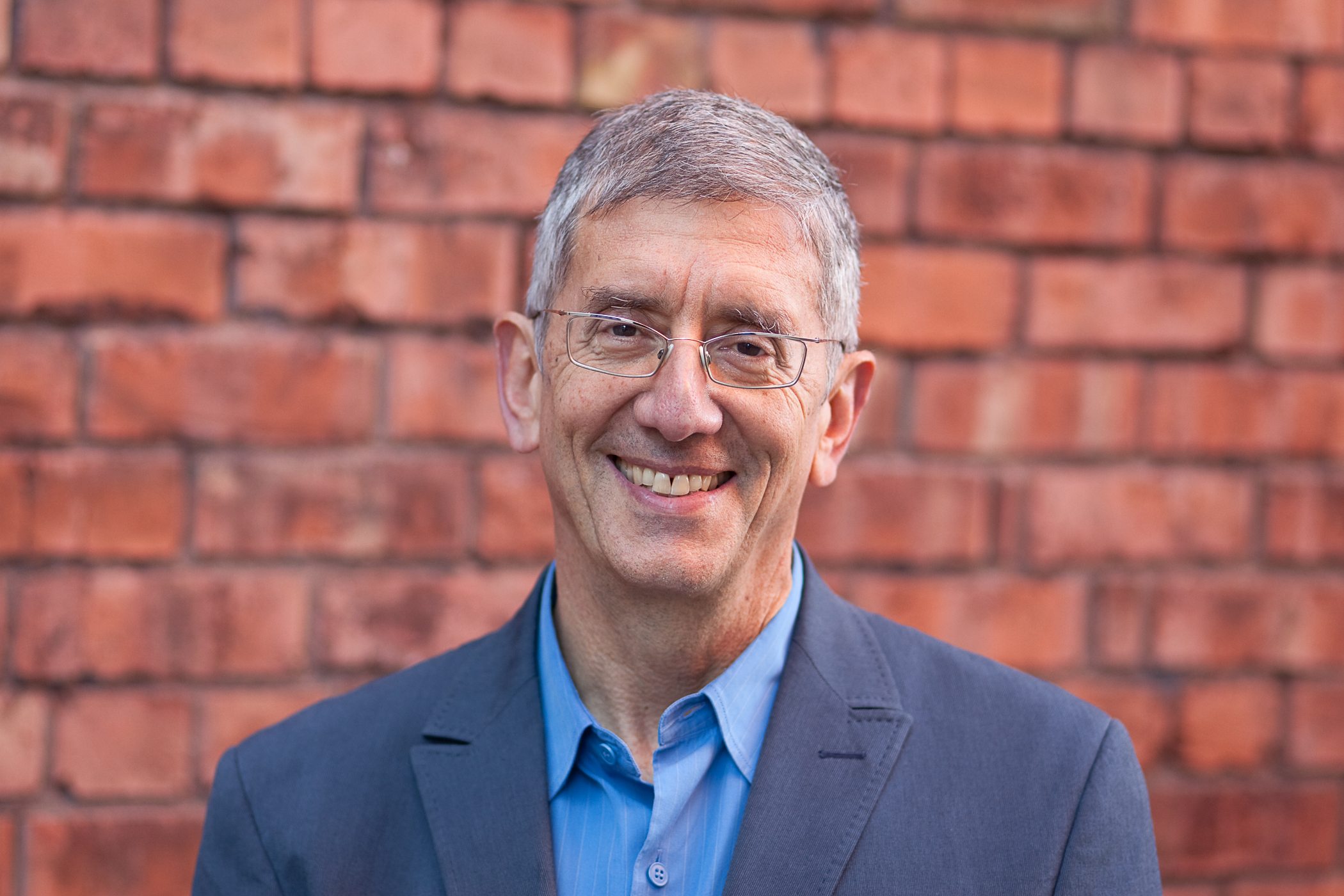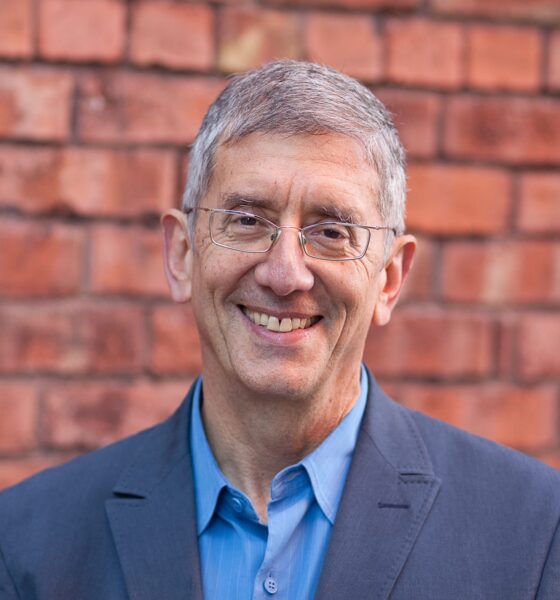

Economy
Wisdom, ingenuity, morals and investing
Joel Solomon, chair of Renewal Funds, on the morality and responsibility within investment and finance.
The first investment I ever made was $25,000 in Stonyfield Farm, an organic dairy in New Hampshire. It was 1983 and I thought I was making a loan to a non-profit.
Gary Hirshberg and his partner Samuel Kaymen had a few cows, and they wanted to make some yoghurt and help prove that family farms could and should still survive.
Gary called me after my loan came in to the non-profit and said, “We’re going to start a business. Instead of a loan, would you invest that money?”
Thirty years later, Stonyfield is North America’s most successful organic yoghurt producer. Its popularity as an alternative to conventional dairy products means that many tons of hormones, antibiotics and pesticides have been prevented from entering the environment, and people’s bodies.
My experience with Stonyfield began a journey of supporting businesses run by entrepreneurs who truly care about preserving the environment and human rights, who break the stereotypes about how business is supposed to be done, instead working to pursue values and purpose while making money.
Human ingenuity has created extraordinary wonders in the world. It has generated a great lifestyle for part of the planet. But while ingenuity has been successful at creating jobs and prosperity, the current economic construct that has grown up alongside ingenuity ignores externalities like pollution or injustice.
We need wisdom to catch up with ingenuity. And we need consequences to be owned by those who create them. Producing and discharging toxins into the air and water or exploiting workers isn’t justified by making a lot of money or by job creation alone.
Every investment or purchase we make has implications that affect the world at large. We have a moral obligation to think long into the future. But today’s dominant financial thinking is based on short-term maximisation of profit above all else. That thinking is not sustainable, nor can it be our societal ethic. We must have a mindset that includes at least seven generations into the future.
The choice to invest responsibly is of course a challenging prospect. In my early experience as an investor, I faced dismissiveness and even ridicule from those for whom the concept of money and morality as an essential whole was far-fetched. I have been told that this approach could not earn a competitive return rate. My 30 years of investing while aligning values and money have led to healthy financial return as well as positive contributions to people, communities, and cleaner products.
In the early 1990s, I was fortunate to meet Carol Newell (see RenewalPartners.com). Thanks to her extraordinary vision and commitment, we built a strong team that worked together to demonstrate through our ‘activist family office’ that an integrated approach to the use of capital for social impact was viable, generative, and replicable. We invested in the money-making, social profit, leadership skills, and electoral sectors. With a whole portfolio activation to mission approach, we aimed to model a different way of using money.
More recently, with Paul Richardson as the lead partner, we raised Renewal2, our first fund for outside investors. That was during the 2008 recession. We couldn’t have picked a worse time. Fortunately, investors believed in us. They put their money with people who had a proven record of generating returns with a mission first commitment. Five years later, the result is a strong internal rate of return from a portfolio that includes Alter Eco, fair trade organic chocolate and quinoa, Seventh Generation, toxin-free household and personal products, and Sensible Organics, certified organic skin care.
The success of these companies suggests an emerging shift in financial priorities. Conventional investments in fossil fuels and other forms of resource extraction, manufactured food, and toxic loads face increasing instability, and investors are beginning to understand this reality. They are looking for true financial resilience that grows sectors that provide a cleaner legacy for the future.
We are now putting together Renewal3 Fund. It repeats our social venture capital strategy for an expanded group of partners who will back a next portfolio of great companies. We believe that the relationship between values and money is going to grow steadily, like organic food has done. Soon enough, investments that combine making money while also adding to the strength of the commons, will be plentiful.
The call to action is right now. Most of us, no matter how much or little we have, are making choices with our money. Where we shop, what we’re buying, who made it, where it came from, what the impacts are. We are often deciding where to place our retirement funds, what kind of banking and financial institutions we are using, and what they are doing with our money, and what kinds of stocks we buy, or don’t buy.
Maybe it is like ‘organic money’. As with organic food, we are awakening to the impacts of where our money came from, how it affects us as we hold it, and how we use it. More of us are beginning to wonder just what that money is doing, while we are asleep at night.
There is more than enough money on the planet to solve the major global challenges. Our important choice is to take responsibility for where we place that money, and what it’s doing on our behalf.
Joel Solomon is chair of Renewal Funds. He was interviewed by Blue & Green Tomorrow in February 2013. For more information on the firm’s latest fund, Renewal3, see its website.
Further reading:
‘We need investment that prioritises long-term wellbeing for people and planet’
‘There are no moral or ethical considerations when investing’
There is a disconnect between investment and the real world
We need investment to move back to its ‘patient evolutionary path’


 Environment12 months ago
Environment12 months agoAre Polymer Banknotes: an Eco-Friendly Trend or a Groundswell?

 Features11 months ago
Features11 months agoEco-Friendly Cryptocurrencies: Sustainable Investment Choices

 Features12 months ago
Features12 months agoEco-Friendly Crypto Traders Must Find the Right Exchange

 Energy11 months ago
Energy11 months agoThe Growing Role of Solar Panels in Ireland’s Energy Future



























